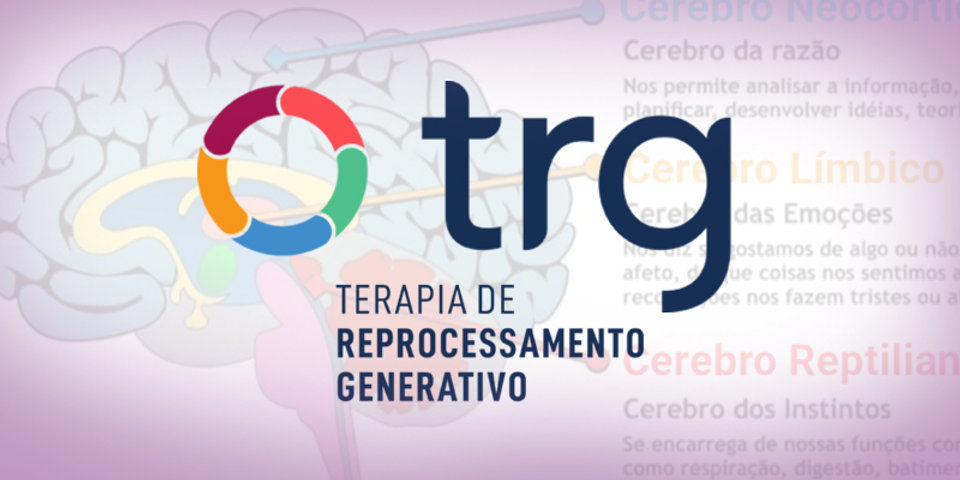What is Generative Reprocessing Therapy (TRG)?
- Jefferson Delgado
- 16 de jul. de 2025
- 2 min de leitura

What is Generative Reprocessing Therapy (TRG), and how can it support your emotional well-being?
Generative Reprocessing Therapy (TRG) is an innovative therapeutic approach developed by Brazilian psychologist Dr Jair Soares. It aims to treat trauma, emotional pain, and limiting behavioural patterns by accessing and restructuring deep unconscious records, promoting emotional healing through the creation of new neural connections.
How does TRG work?
Unlike traditional talk-based therapies, TRG works directly with unconscious imprints of painful experiences — from birth to the present — including fears and anxieties related to the future. By making use of the brain’s neuroplasticity, TRG allows the mind to reorganise traumatic memories, generating healthier and more empowering interpretations.
The Five TRG Methods
TRG is structured around five core methods, which are applied according to each client’s specific needs:
Chronological Method: Works through events in temporal order, from childhood to the present.
Somatic Method: Focuses on physical sensations associated with trauma, helping to release stored tension within the body.
Thematic Method: Addresses recurring emotional themes such as fear, rejection or abandonment, reprocessing all related memories.
Future Method: Deals with future-oriented anxiety and projections, preparing the client to face upcoming challenges with greater confidence.
Empowerment Method: Strengthens internal resources and positive personal potential.
Benefits of TRG
TRG has shown to be effective in addressing a wide range of emotional challenges, including:
Anxiety and stress
Depression
Obsessive-compulsive disorder (OCD)
Phobias
Grief and loss
Childhood trauma
Panic attacks
Compulsive behaviours
Additionally, as it does not rely solely on verbal expression, TRG is a suitable option for individuals who may find it difficult to articulate their feelings through words.
Who is it for?
TRG is suitable for individuals of all ages who wish to work through deep emotional issues. From children (who are able to understand the guidance) to older adults with full cognitive ability, anyone can benefit from this approach.
Conclusion
Generative Reprocessing Therapy offers a deep and effective pathway to emotional healing by working directly with unconscious material and facilitating the healthy reorganisation of traumatic memories. If you are seeking lasting emotional transformation, TRG may be a powerful and supportive option.




Comentários